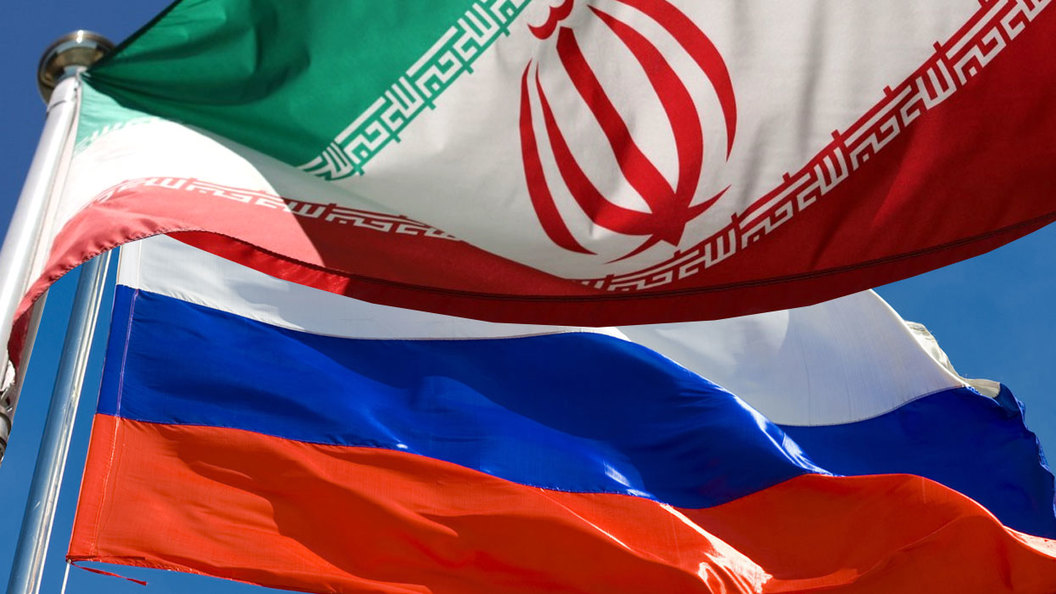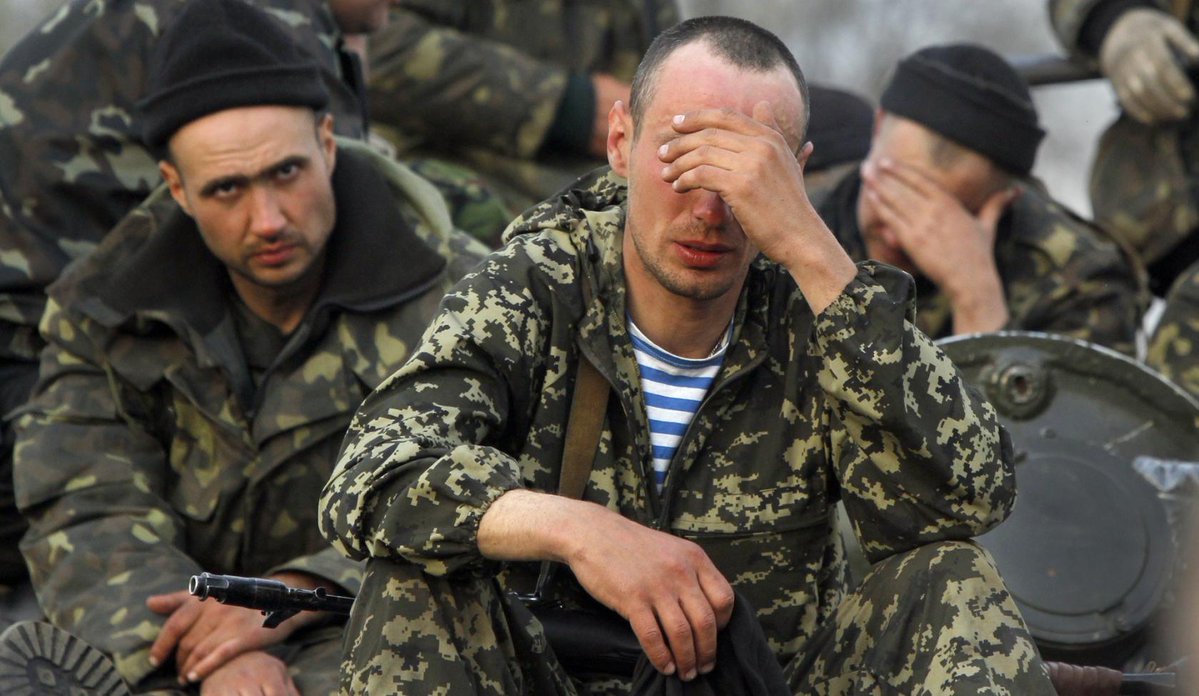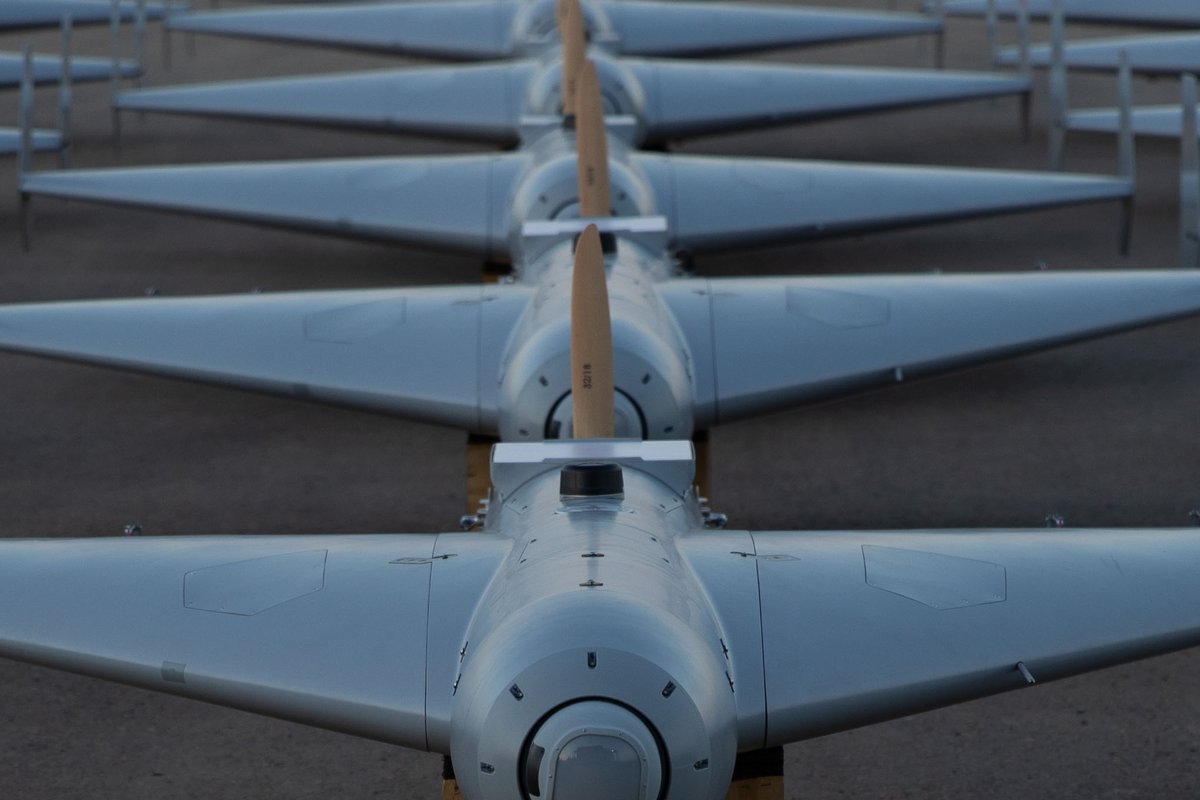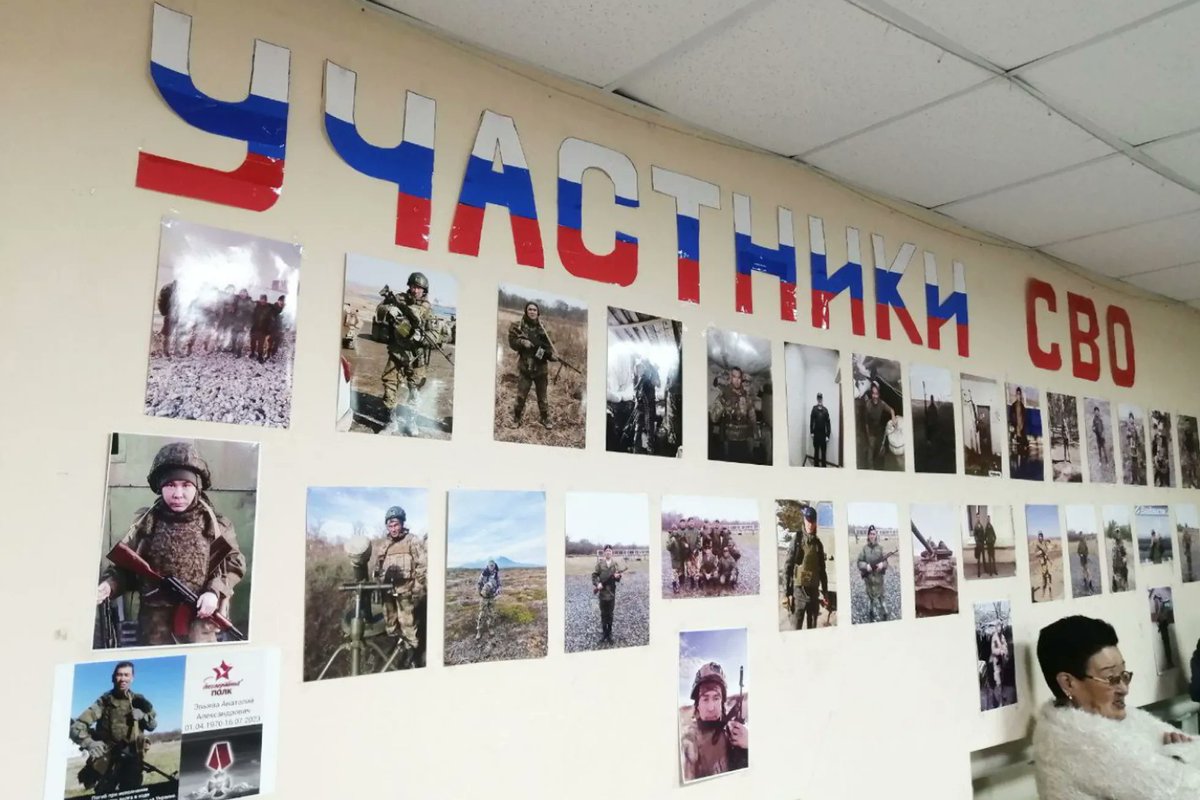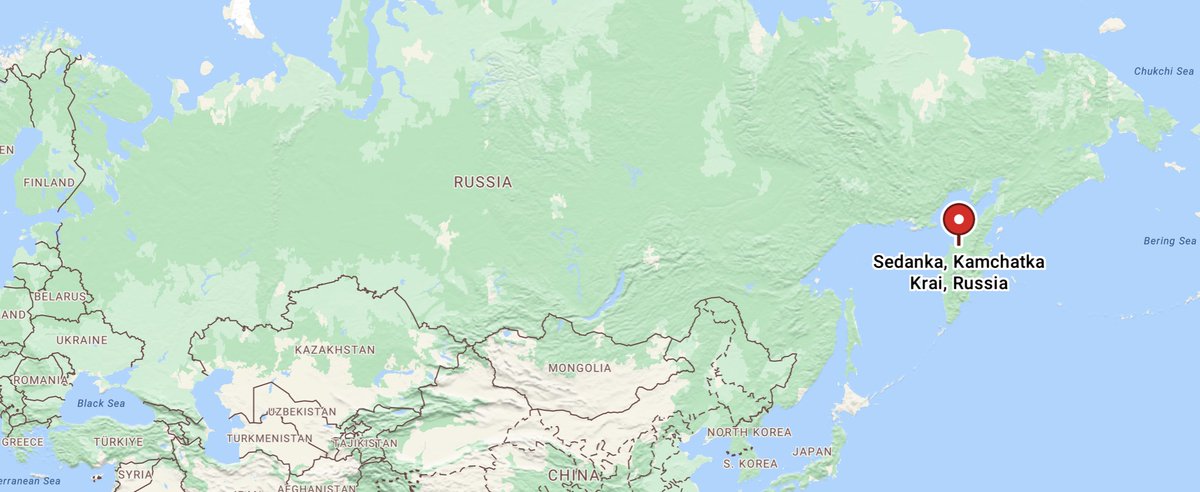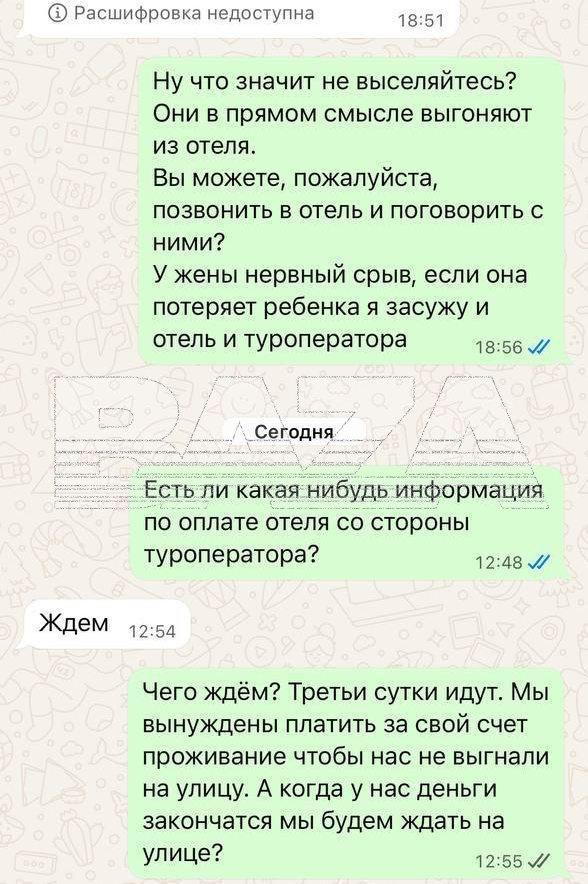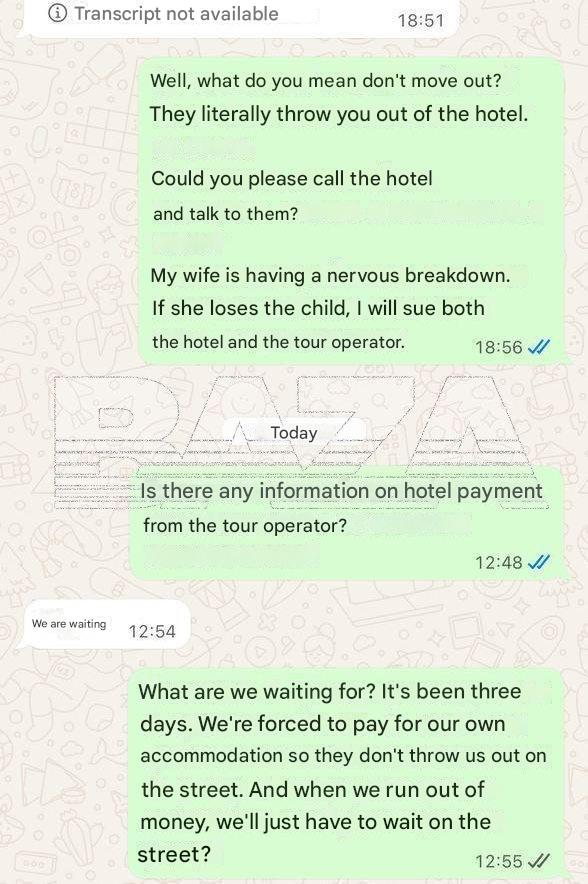Really important question below: why would you even design a T-72 so that the crew literally has to sit on top of hundreds of kilos of highly explosive ammunition and propellant? /1 
https://twitter.com/pigfilth1/status/1524471937505894401

@clmazin answered this by analogy in his brilliant script for #Chernobyl. In the (fictional) courtroom scene in the final episode, Soviet nuclear scientist Valeriy Legasov explains why Chernobyl was effectively rigged to explode: /2 

"It's cheaper". That's the answer to the T-72's design flaws. It's much smaller and lighter than the US M1A1 Abrams or similar British and German tanks. But it costs a fraction of their price, at the cost of crew safety. /3 

I think we often forget how much poorer Russia (and the USSR before it) is than the West. Millions of Russians still live in abject poverty, without clean water, indoor sanitation or paved roads - much as their great-grandparents did 100 years ago./4 

Russia and the USSR have sought to compete with the West by making cheaper and less safe weapons because they didn't have the means to compete on quality. Unfortunately for thousands of Russian soldiers, that philosophy is now costing them their lives. /end
• • •
Missing some Tweet in this thread? You can try to
force a refresh


